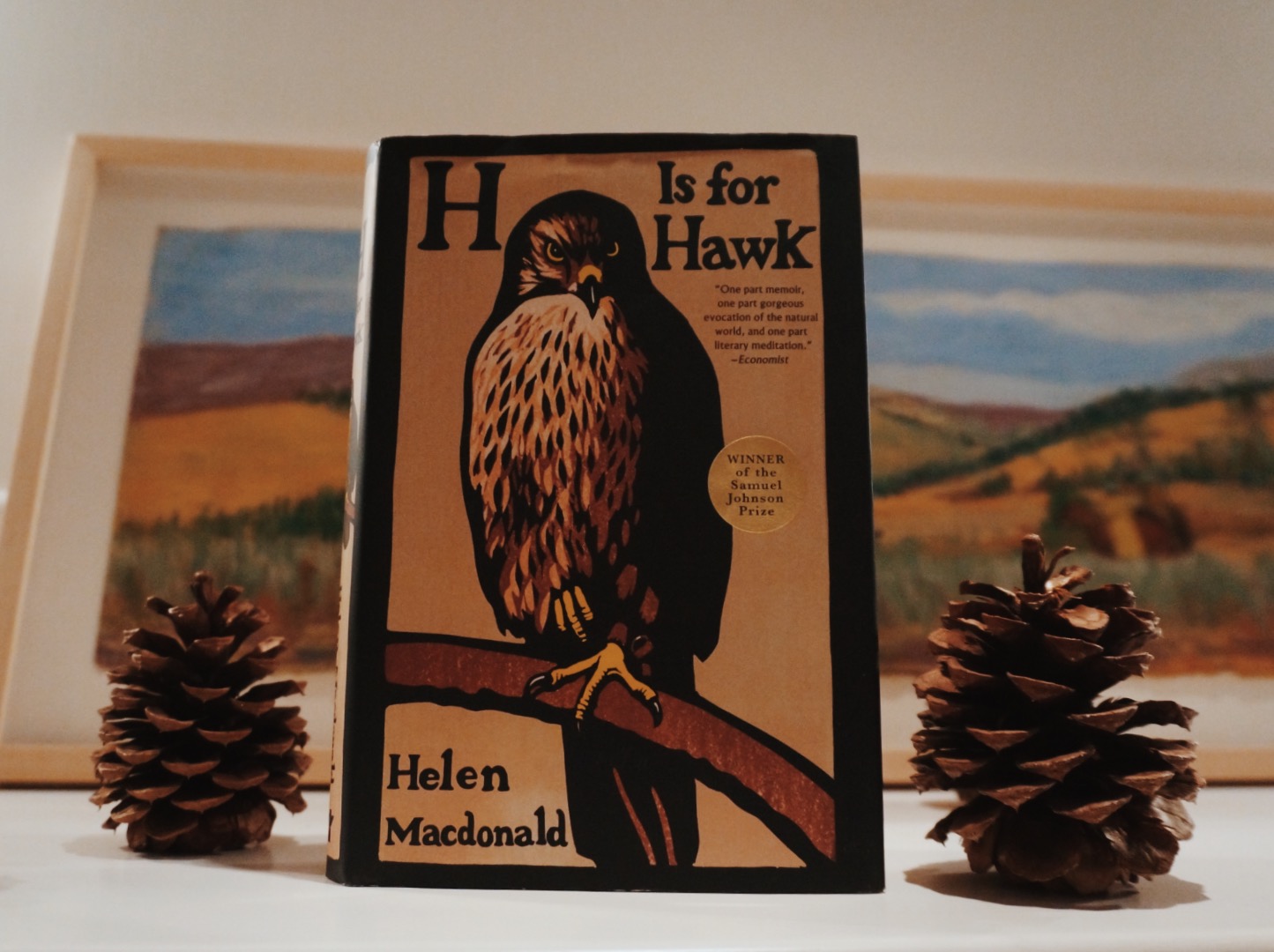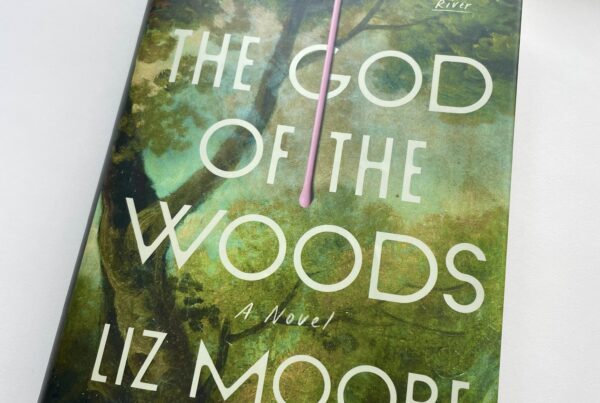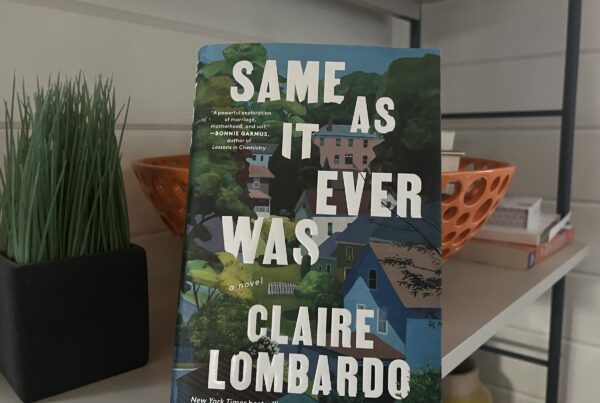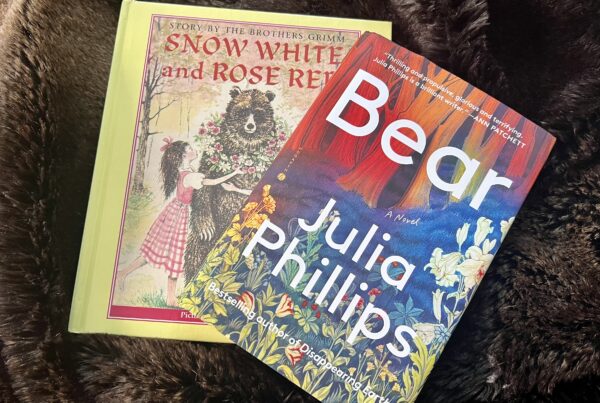a bookclique pick by Jessica Flaxman
One of my favorite poems by Emily Dickinson is about grief. It’s not the subject of grief that I particularly like, but the way she compares it to different things that steal from us without our consent. Grief is a mouse that burrows into our hearts; grief is a thief that we catch in the act of taking what isn’t his; grief is a juggler, and we are his props being tossed against our will.
In Helen Macdonald’s beautiful H is for Hawk, grief is all that and more. But the good news is that there is an antidote to grief, although it is a rough remedy—the goshawk, what Macdonald calls “the birdwatchers’ dark grail.” Macdonald was a professor at Cambridge in 2007 when her father, a photographer, died suddenly, catalyzing a renewed passion for the activity he had taught her to love: training hawks.
In H is for Hawk, the goshawk, or “gos,” takes on a host of symbolic and literal meanings. She is a misunderstood female intentionally mastered because of her innate power. She is a criminal, a murderous predator without mercy. She is a mirror, showing those who try to master her who they really are. Throughout the book, Macdonald shares fascinating details about falconry, English history, and her own biography. In addition, Macdonald tells readers about T. H. White, the author of The Sword in the Stone as well as a book on goshawks that Macdonald read throughout her experience training Mabel, the hawk she acquired after her father passed away.
White’s story is nearly as compelling at Macdonald’s, and allows her to give us an even deeper understanding of what human revelations can come of close proximity to nature. Macdonald’s writing is tightly packed with beautiful phrases and images, much like the feathers of a hawk’s wing. She writes about the baffling nature of grief, yes, but also about the beauty and mystery of nature and natural things: “Looking for goshawks is like looking for grace: it comes, but not often, and you don’t get to say when or how.”
I didn’t know anything about this unique hawk before reading this book, but now that I do, I hope to see one at some point in my life. Because they are wild hunters that live in the forest, it’s not too likely, though, a fact that makes me both happy and sad. Happy that there is still something out there so wild that we can’t easily find or control, and sad because I am no Helen Macdonald, bravely facing all the difficulties in and outside of my life.




